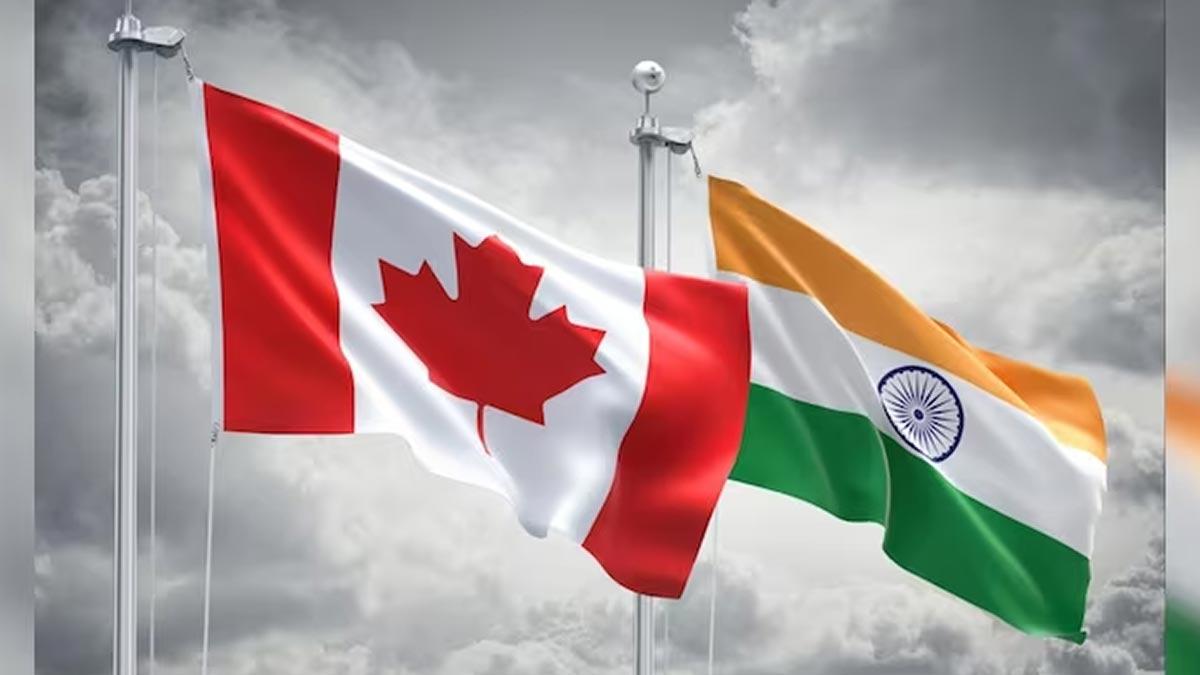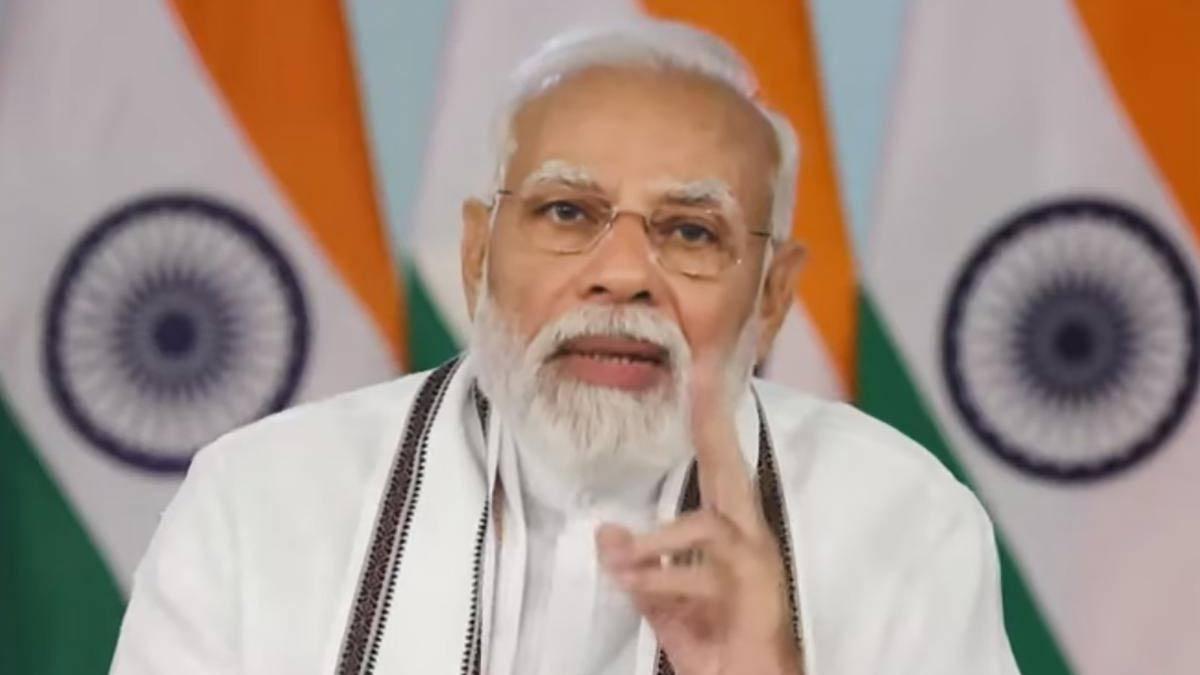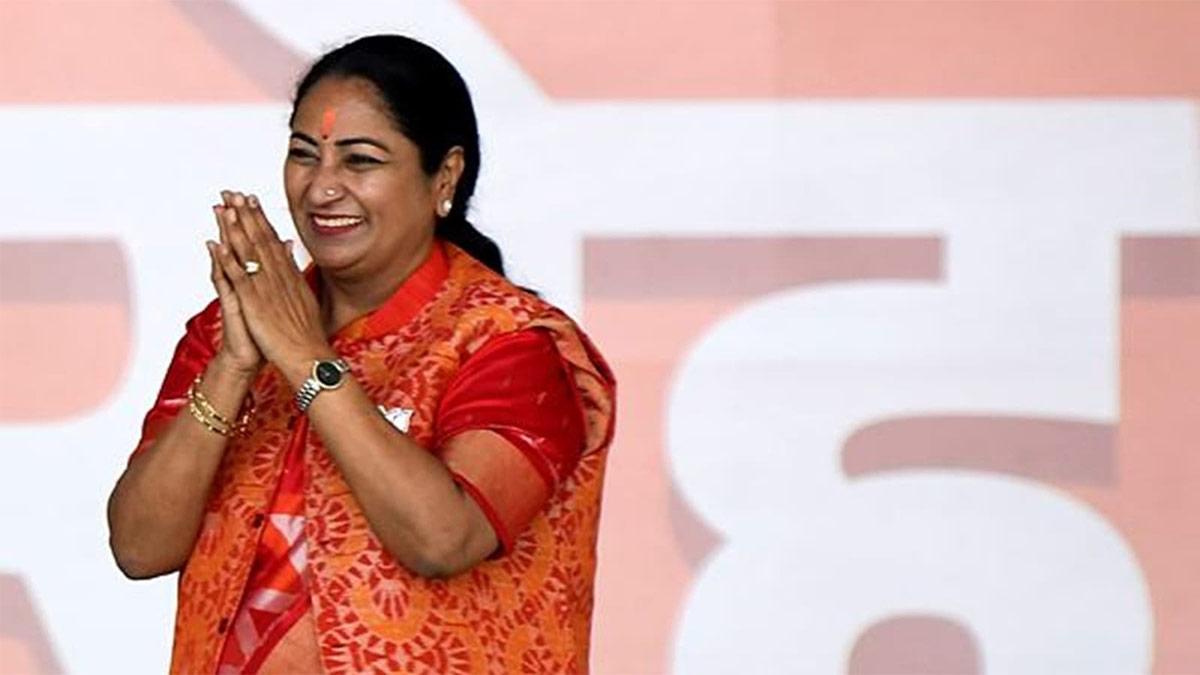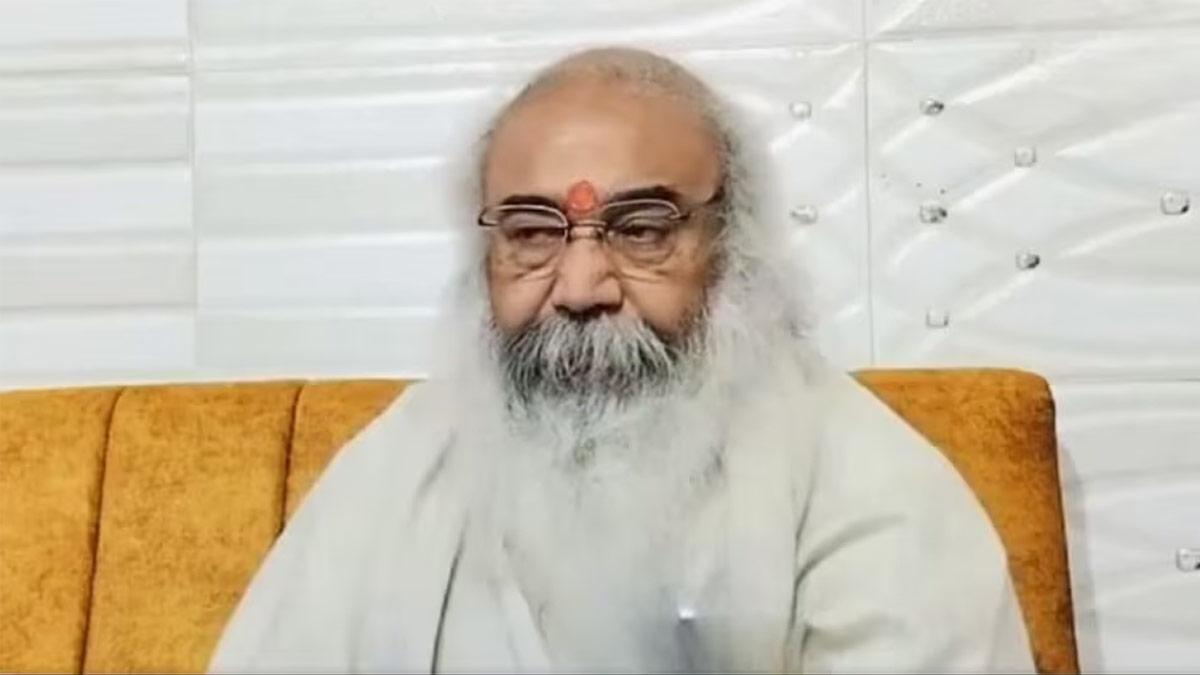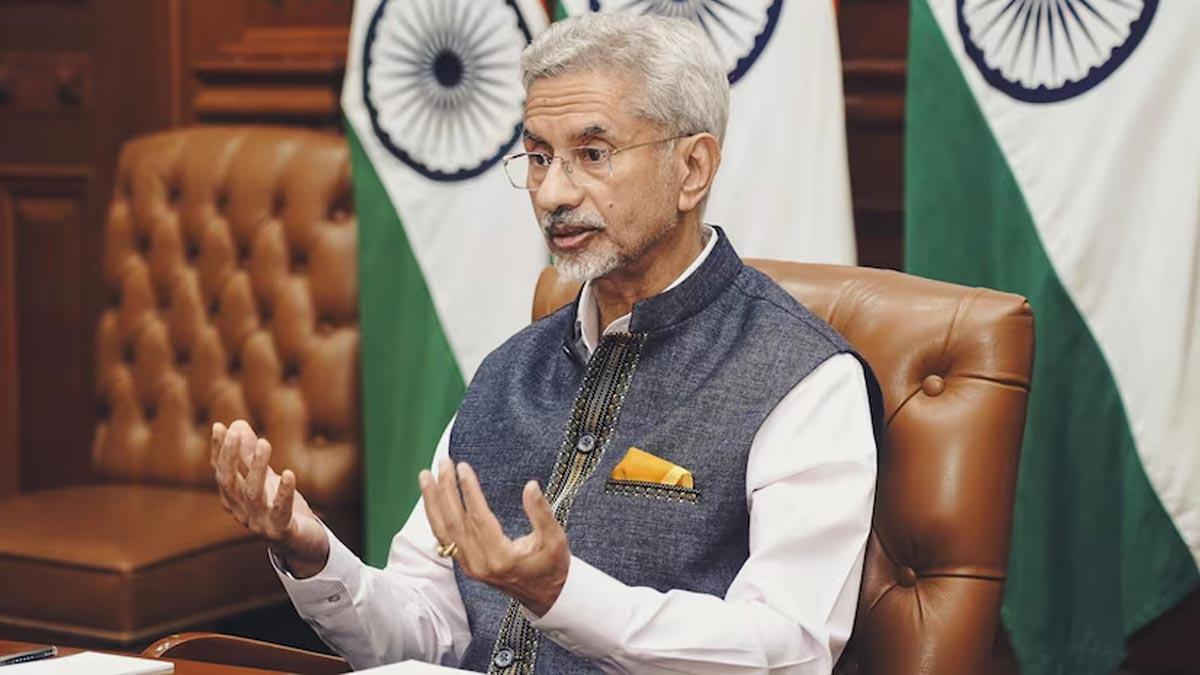Despite lessons learnt from the terrorist act of the 1985 Kanishka bombing, space has been provided by the Canadian government for "violent extremists and secessionists" to continue their activities in the name of charter freedoms, the government said on Thursday.
This was said by Minister of State for External Affairs Kirti Vardhan Singh while making a written reply to a question in Rajya Sabha.
The government was asked the current status of India's engagement with the Canadian government and other partners, about the investigation and prosecution of perpetrators responsible for the 1985 Kanishka bombing and the details thereof.
The AI-182 Kanishka bombing was planned and executed in Canada. The dastardly attack claimed the lives of 329 innocent people (largely of India-origin), including 24 Indian nationals, the minister said.
The government of Canada appointed, in May 2006, a Commission of Inquiry to scrutinize the happenings around the bombing; to investigate the subsequently conducted inquiry by the relevant agencies, and determine gaps in the security and intelligence system of Canada, Singh stated.
June 16, 2010: Nearly 25 years after the bombing, the government of Canada received the final report of the Commission of Inquiry under the title 'Air India Flight 182: A Canadian Tragedy' which was a damning indictment of actions taken both before and after the tragedy," he noted.
The commission had identified a "number of gaffes" committed at that moment, while the families of the victims were being treated during that time, said the minister.
Inter alia, some of the findings of the Commission are that the Canadian government agencies were in "possession of significant pieces of information" that taken together would have led to the conclusion that Flight AI-182 was at high risk of being bombed by known pro-Khalistani terrorists in June 1985, Singh said.
He claimed that according to the report's findings, Canadian Government agencies did not "understand the nature and gravity of the pro-Khalistani extremist threat".
The then prime minister of Canada apologised on behalf of the government of Canada and all Canadians for the institutional failings twenty-five years earlier and the treatment of the victims' families thereafter on June 23, 2010, in a commemorative ceremony marking the 25th anniversary of the tragedy, he said.
"Despite the lessons learnt from this dastardly terrorist act, space has been provided by the Canadian government for violent extremists and secessionists to continue their activities in the name of Charter Freedoms," Singh said.
"Last year, we have seen that radical elements were for the very first time allowed by the Canadian government to hold protests at all places where our High Commission and Consulates were organising commemorative activities in honour of the victims of the attack.
"Such incidents continue to undermine the confidence in the Canadian legal and justice system and also impacts the India-Canada bilateral relations," he said in his response.
Read also| Deportation Procedure Not New, Has Been in Place Since 2009: EAM Jaishankar

